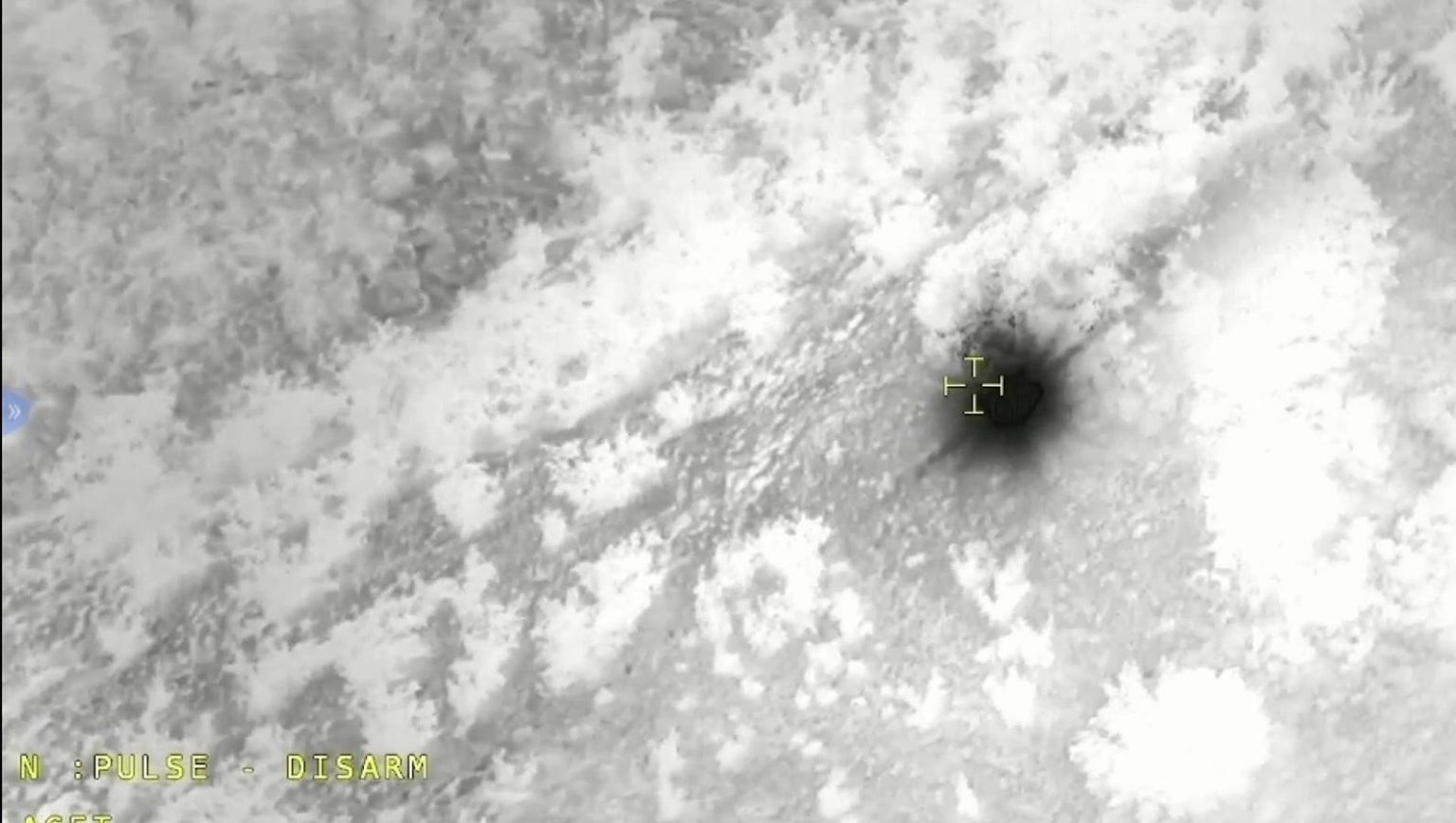Two recent incidents involving Iran have inadvertently boosted the sales of Turkey’s drones and America’s air defense missile systems. On May 19, a helicopter carrying Iranian President Ebrahim Raisi crashed in northwest Iran, leading to conflicting narratives in Turkish and Iranian media regarding the role played by a Turkish Bayraktar Akinci drone in aiding the search and rescue mission. While Turkish media praised the drone for locating the crash site and providing critical information, Iranian officials disputed its accuracy.
Despite Iranian criticism of Turkey for flying the drone over sensitive sites and displaying the Turkish flag during the mission, the Akinci’s manufacturer, Baykar Defense, is likely to highlight its capabilities in future sales pitches. Turkey has already exported its Bayraktar TB2 drone to over 30 countries, and the larger, more sophisticated Akinci has been acquired by Pakistan and Azerbaijan. The drone’s endurance and powerful sensors make it an attractive option for countries seeking advanced military drones.
Meanwhile, the United States is promoting its regional missile shield initiative during meetings with Gulf Cooperation Council countries in Riyadh. The Americans point to the successful interception of Iranian missiles and drones fired at Israel in April to showcase the effectiveness of air defense systems. The initiative aims to enhance regional security and is likely to lead to increased American and Western arms sales to the region, particularly air defense systems like the Terminal High Altitude Area Defense System (THAAD).
To support the missile shield initiative, regional allies are advised against purchasing advanced Chinese-made weapons systems due to interoperability concerns. The United Arab Emirates and Saudi Arabia have already ordered the THAAD system, and the former successfully used it to intercept a ballistic missile in January. American partners in the region are primarily opting for American-made air defense missiles, such as the KM-SAM system from South Korea, which do not pose significant interoperability issues.
The Arab Gulf states’ acquisition of American air defense systems could present a formidable challenge to Iran and its militia proxies in the region. The recent actions of Iran, including the April 13-14 missile attack on Israel, may further convince regional states of the importance of investing in advanced air defense capabilities. Washington is also assisting Jordan in improving its air defenses in response to threats from militia drones in Iraq and Syria, with plans to deploy a Patriot missile system in the kingdom to enhance its security amidst regional tensions.


